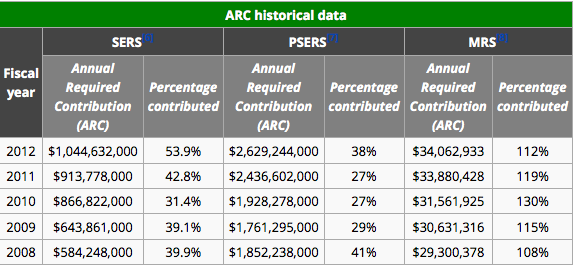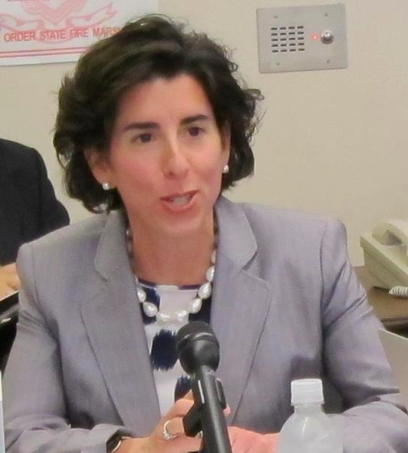Matthew Covington penned a column for the Sacramento Bee on Thursday that dives into California’s recent spree of municipal bankruptcies — and postulates that, with pension costs rising, bankrupt cities of the future may not opt to preserve pensions the way Vallejo, Stockton and San Bernardino did.
Covington is a managing director at Conway MacKenzie, a financial firm that advises distressed governments. He proposes two possible solutions that could help troubled municipalities deal with pension costs. His ideas:
– Establish a protocol for restructuring municipal pensions out of court.
For troubled municipalities, pensions are typically the single largest expense, the most intractable and the most uncontrollable (because CalPERS determines what the municipality will pay each year). If CalPERS decides to change its investment return or mortality assumptions, or its investment performance suffers, the municipality will have to pay more, regardless of its own activities. If a municipality is in dire straits and cannot meet its obligations, an orderly restructuring would likely be superior to a bankruptcy filing.
This could save tens of millions of dollars for the city in fees on lawyers and other advisers. Additionally, plans could be tailored to minimize the impact on vulnerable groups such as the elderly and long-retired pensioners whose pensions were set in the premillennial sane era, something which might not be possible in a bankruptcy case.
– Provide uniform budgeting rules and guidance.
Too many municipalities have made promises that jeopardize their long-term fiscal health. While no one wants another bureaucracy meddling in local affairs, the task force could establish certain basic rules such as requiring municipalities to have long-term budget forecasts that clearly show pension expenses and require additional disclosure when a threshold is crossed.
For example, municipalities whose pension expenses exceed 20 percent of total expenditures (the levels at which voters in the non-CalPERS cities of San Jose and San Diego ratified pension amendments) could be forced to explain why the expenditure levels do not threaten the city’s financial stability.
The costs of municipal bankruptcies are borne not just by the creditors who invested in these cities, but also by residents hit with plummeting property values and deteriorating services. California can do more to protect its citizens from these failures. Let’s put systems in place to ensure this dangerous game isn’t played again.
Read the full column here.
Photo by Pete Zarria via Flickr CC License





